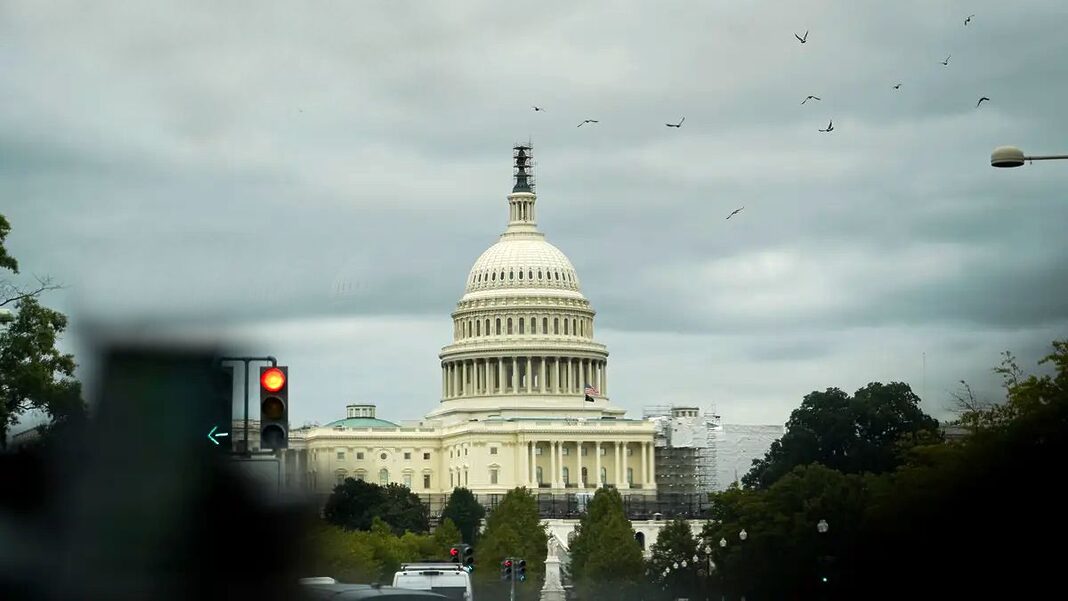The vice president touted her record in prosecuting drug cartels and human traffickers and identified the twin pillars of her immigration policy.
GLENDALE, Ariz.—Vice President Kamala Harris brought her campaign to Arizona, a border state with a large Hispanic population, where she touted her vision for immigration reform.
Harris was accompanied on the Aug. 9 stop by her running mate, Minnesota Gov. Tim Walz, on this fourth of five stops on a weeklong tour of battleground states.
The vice president and former President Donald Trump are in close race here, a state won by President Joe Biden by just 0.5 percent in 2020.
Trump leads Harris by less than 1 percent in an average of recent polls compiled by FiveThirtyEight. Nationally, Harris has a slight lead in most recent polls.
The nonpartisan Cook Political Report re-classified Arizona, Nevada, and Georgia from “lean-Republican” to “toss-up” on Aug. 8. Before Biden dropped out of the race on July 21, Trump was leading by 5.5 percent. Registered Republicans outnumber Democrats in Arizona by more than 6 percent.
Immigration Reform
Immigration is a significant issue in Arizona, a state in which Hispanics and Latinos comprise more than 30 percent of Arizona’s population, according to data from the U.S. Census Bureau.
A survey from the Center for the Future of Arizona showed that 82 percent of respondents said the current influx of migrants over the southern border has created an “international humanitarian and refugee crisis” that requires a “bipartisan solution.”
The Yuma and Tuscon sectors of the border have seen more than 477,000 contacts with illegal immigrants in the first nine months of fiscal year 2024, accounting for 34 percent of all contacts in the four border states, according to data from the Dept. of Customs and Border Patrol.
The Trump campaign has made illegal immigration a centerpiece of its election campaign, yet Harris pushed back on the issue by touting her credentials as a tough-on-crime prosecutor and criticizing Trump’s position on a recent immigration bill.
By Lawrence Wilson and Jacob Burg






